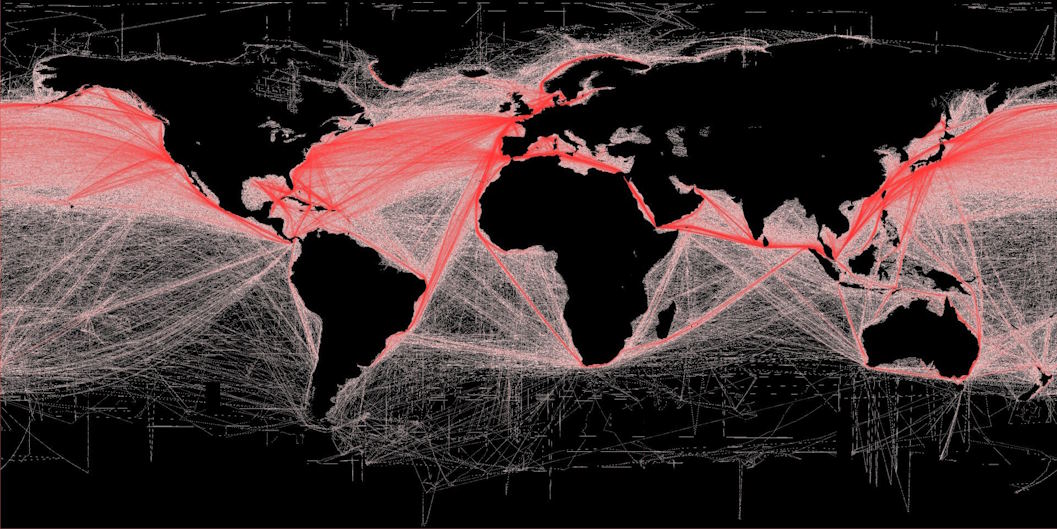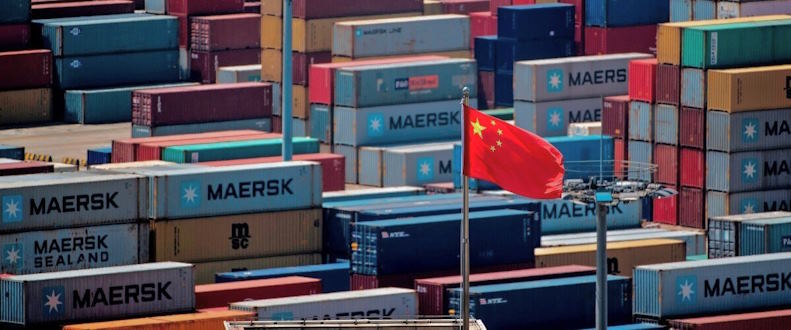Tariffs
One of the most common triggers is the imposition of tariffs on imported goods. A country may impose tariffs to protect its domestic industries, citing concerns about unfair competition, job loss, or national security. In retaliation, the affected trading partners may impose tariffs on products from the initiating country, leading to a tit-for-tat escalation.
Trade Imbalances
Trade imbalances, where one country consistently exports significantly more than it imports from another, can also lead to trade tensions. The deficit country may accuse its trading partner of unfair practices, such as currency manipulation or subsidizing domestic industries, to gain a competitive advantage.
Disputes
Trade disputes can emerge when countries believe their trading partners violate international trade rules, such as those set by the World Trade Organization (WTO). These disputes include intellectual property rights, dumping (selling products below cost), or illegal subsidies.
Economic Pressure
Economic pressure, such as a struggling domestic economy or political considerations, can influence a government’s decision to engage in a trade war. Leaders may resort to protectionism to demonstrate toughness or divert attention from domestic issues.

Political Dynamics
Political factors, including leadership changes or government priorities shifts, can play a role. New leaders may adopt a more protectionist stance or use trade policies to fulfill campaign promises.
The consequences of trade wars can be far-reaching
Economic Impact
Trade wars can disrupt global supply chains, raise the prices of imported goods, and lead to higher production costs for businesses. It can result in reduced economic growth and job losses in affected industries.
Market Uncertainty
Uncertainty about future trade relations can deter investment and cause stock market volatility. Businesses may delay or cancel investment plans, negatively impacting economic growth.
Diplomatic Strain
Trade wars strain diplomatic relations between countries. They can erode trust and cooperation, making addressing global issues like climate change or security threats more challenging.
Consumer Impact
Consumers often bear the brunt of trade wars as they face higher prices for everyday goods. Essential items may become less affordable, affecting the well-being of ordinary citizens.
Global Consequences
Trade wars can have global consequences, affecting the involved countries and their trading partners. This interconnectedness means that the effects of trade conflicts can ripple through the entire global economy.






 Brian L. Gade is Professor of Economics at the Stanford University, Stanford, CA
Brian L. Gade is Professor of Economics at the Stanford University, Stanford, CA James M. Holman is Professor of Public Affairs and Economics at the Baltimore, MD
James M. Holman is Professor of Public Affairs and Economics at the Baltimore, MD